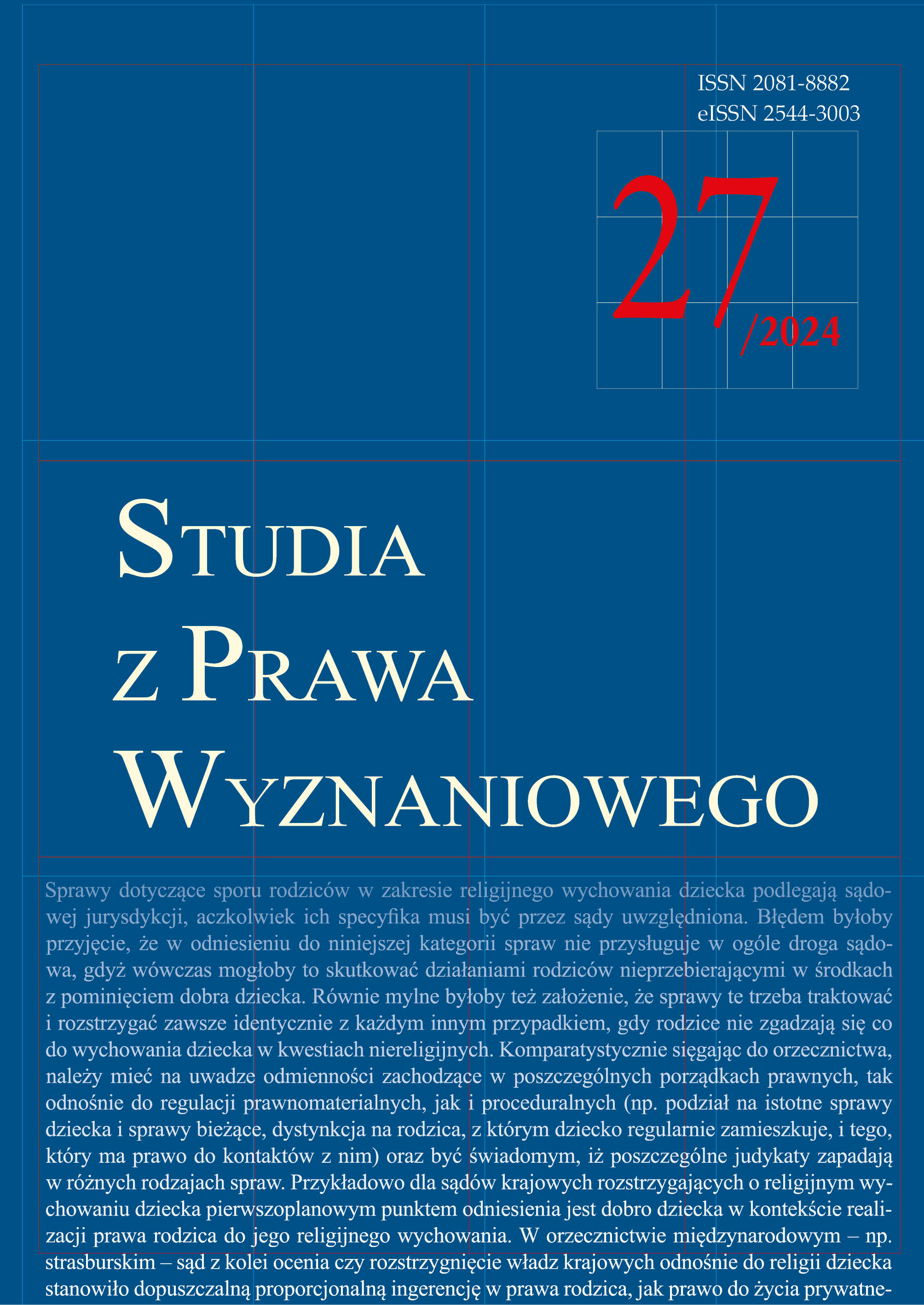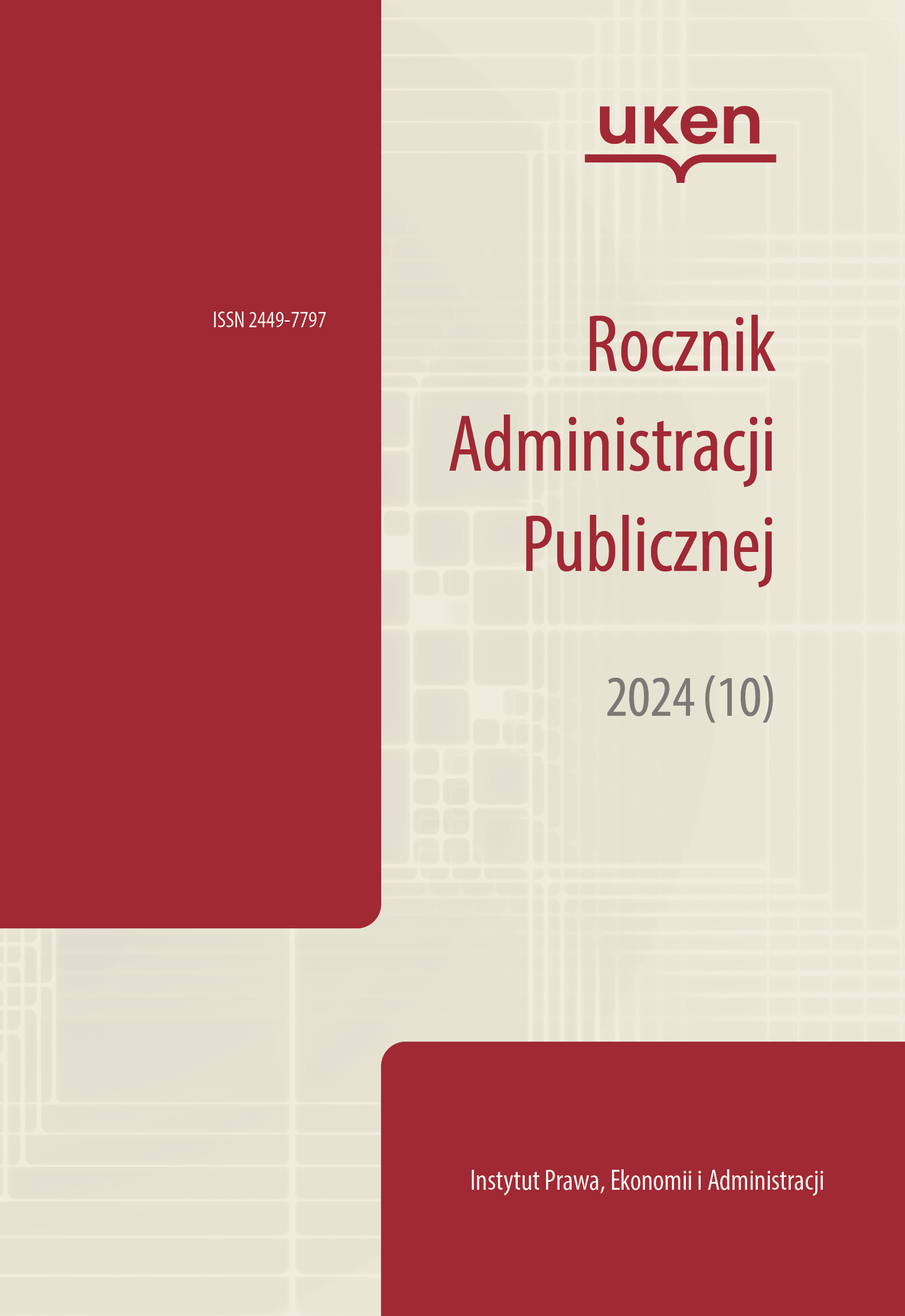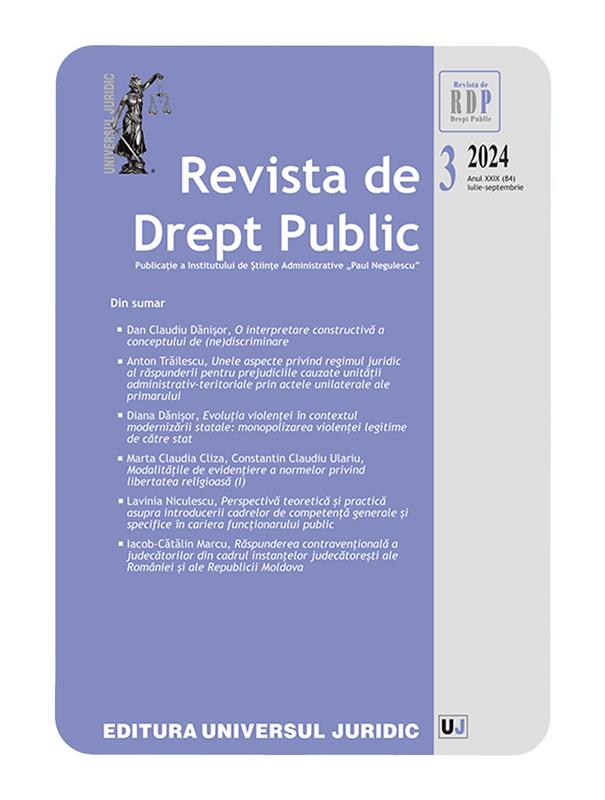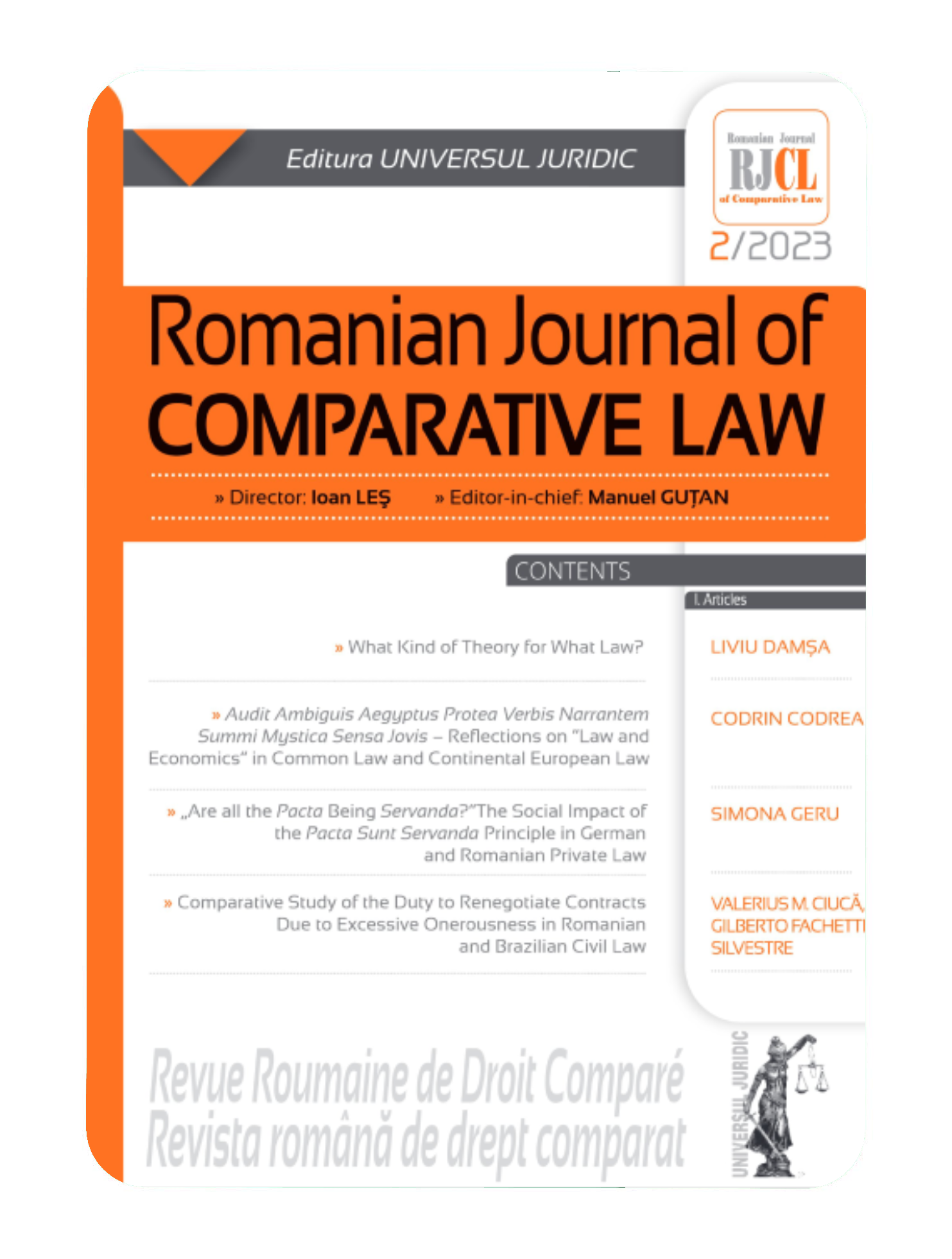
Odpowiedzialność diecezji i parafii za delikty popełnione przez duchownego wobec małoletniego. Glosa krytyczna do wyroku Sądu Najwyższego z dnia 6 września 2022 roku (II CSKP 466/22)
In the decision commented on, the Supreme Court held that for sexual abuse by a clergyman (parochial vicar) towards a minor, the diocese and the parish in which the clergyman performed his ministry are liable for damages under Article 430 of the Civil Code. The author of the gloss argues against this thesis. First, the analysis made by the Supreme Court of the norms of canon law (indicated selectively) and the manner in which the Supreme Court applied these norms in the Polish legal order raises objections. For in demonstrating the existence of a relationship of subordination between the bishop and the diocesan clergy, the Supreme Court made the erroneous assumption that the bishop always acts as an organ of the diocese; in other words, that the actions of the bishop are always the actions of the diocese itself. Meanwhile, the concept of ‘organ’, which is found in secular law, does not function in canon law. Indeed, the differences that exist on this matter do not relate solely to questions of terminology but touch on the very essence of the issue.Canon law, when considering the representation of ecclesiastical entities, not only does not refer to the construction of an organ but also does not use the same conceptual grid. It uses the concepts of an administrator of a legal person, a person representing a legal person and an ecclesiastical office holder. By contrast, the civilian term ‘organ’ in relation to ecclesiastical legal persons refers only to external relations.Canon law does not contradict the fact that in (and for the purposes of) civil law transactions, the bishop acts as an organ of the diocese, and his actions are recognised under civil law as actions of the diocese itself. If, however, the bishop does not act in the forum externum but instead performs canonical actions prescribed by law in relation to a priest under his jurisdiction, then the Church does not regard those actions either as the actions of an organ of the diocese or as the actions of the diocese itself. Rather, they are the own actions of the person exercising the pastoral office of bishop. This means that the bishop brings together in his person, as it were, two spheres of competence: he is both an organ of the diocese (in civil law dealings) and he exercises the prerogatives associated with the episcopal pastoral office. These spheres, although they exist in parallel, are not identical.The fact that the diocese has a civil law personality and its organ in Polish law is the bishop does not, by any means, signify that the courts, in deciding cases ‘with an ecclesiastical element’, are obliged to perceive the diocese and the bishop exclusively in the context of the civil law construction, ignoring the entire confessional specificity of these subjects occurring in the internal law of the Catholic Church. The Church’s own regulations contained in canon law concerning the scope and nature of the authority of the bishop should also be respected in Polish law. Since, under canon law, the bishop does not act solely as an organ of the diocese and not every action taken (or omitted) by the bishop is an action (omission) of the diocese itself, this circumstance cannot be overlooked in civil litigation.
More...


